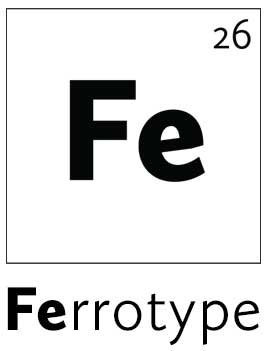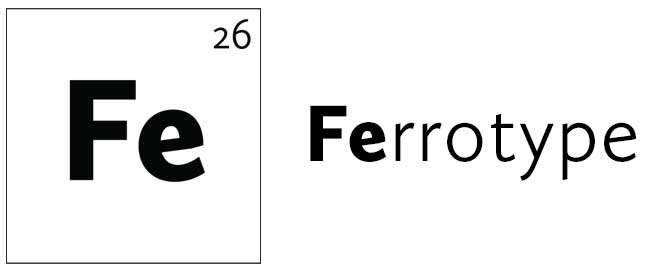
Sustainability glossary
If you are unsure about any of the terminology used on this website or in talking with us then we have complied a plain language explanation of the technical terms we use.
ABS
Acrylonitrile butadiene styrene is a common opaque thermoplastic polymer
BPA
Bisphenol A which is used in the manufacture of plastics, often drinking bottles. Potentially linked to various health concerns. BPS (Bisphenol S) and BPF (Bisphenol F) are replacement chemicals for BPA but not known if they are an improvement.
BSCI
Social Compliance Certification to Assess Workplace Standards Across the Entire Supply chain. The Business Social Compliance Initiative is an industry-driven movement that aims to monitor and assess workplace standards across the global supply chain
C2C
Material that meets the requirements of the Cradle to Cradle Certified Product Standard, an industry award for environmental performance
DEHP
Di(2-ethylhexyl)phthalate - belongs to a family of chemicals called phthalates, which are added to some plastics to make them flexible
FDA
Food & Drug Administration, approved product is safe and effective for the intended use, and that it can manufacture the product to federal quality standards (US)
FSC
Forest Stewardship Council – supporting responsible and sustainable forests and paper production
ISO 9001
International standard that specifies requirements for a quality management system (QMS)
ISO 14001
International standard that sets out the requirements for an environmental management system
LFGB
German food contact safety standard, higher than US (FDA) and the best for silicon
PEFC
The Programme for the Endorsement of Forest Certification, is a leading global alliance of national forest certification systems. An international non-profit, non-governmental organization dedicated to promoting sustainable forest management through independent third-party certification. The difference between FSC and PEFC is that FSC is a body that sets standards and PEFC is a body that recognises and endorses standards
PLA
Polylactic acid is a thermoplastic monomer derived from renewable, organic sources such as corn starch or sugar cane
PU
Polyurethane
REACH
Registration, Evaluation, Authorisation and Restriction of Chemicals is a European Union regulation dating from 18 December 2006. REACH addresses the production and use of chemical substances, and their potential impacts on both human health and the environment.
RoHS
Restriction of Hazardous Substances. Legislation from the EU - RoHS compliance means that a product has been tested for 10 banned substances by an independent authority, and that the tests confirmed levels of the substances below the RoHS threshold. They include cadmium, lead and mercury and it is intended for electrical and electronic products so not clear why pens would be certified.
SEDEX
The Supplier Ethical Data Exchange is a not-for-profit, membership organization that leads work with buyers and suppliers to deliver improvements in responsible and ethical business practices in global supply chains
SMETA
Sedex Members Ethical Trade Audit is Sedex's social auditing standard that businesses can use to assess a supplier's working conditions, across the areas of labour, health and safety, environment and business ethics

